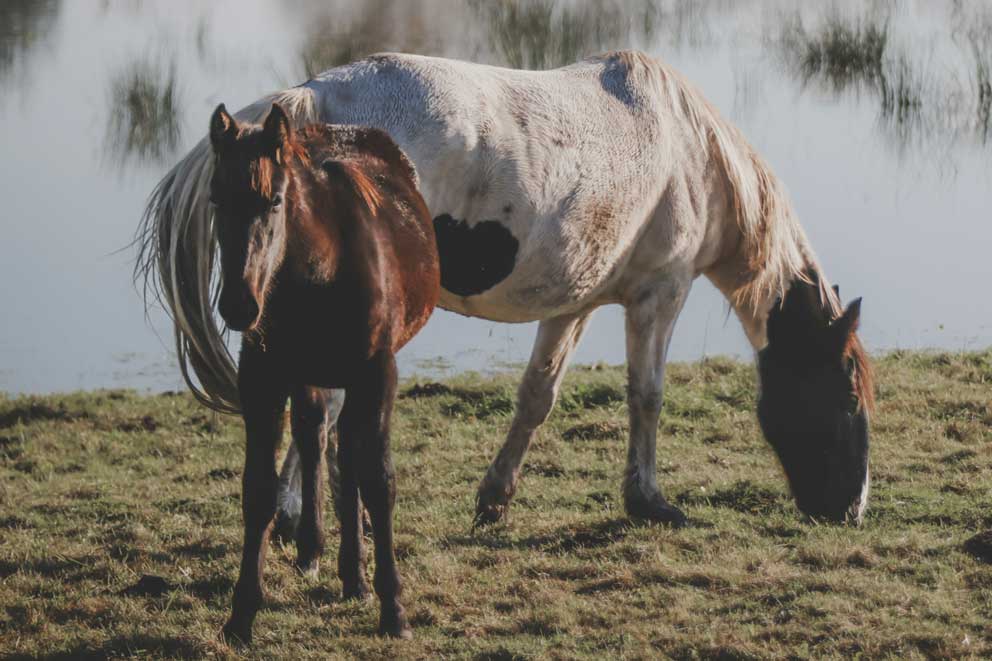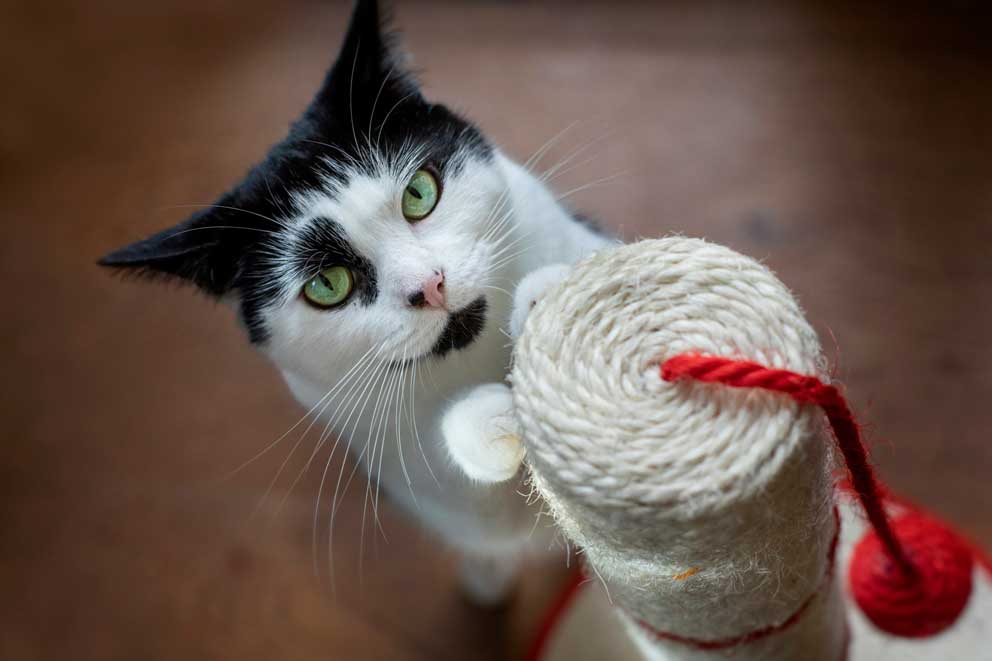What we do
The Companion Animals Department (CAD) is dedicated to protecting and improving the welfare of the millions of animals kept as pets, working animals and athletes in the UK.

The term 'companion animal' is acknowledged to cover over a thousand species of companion animals although the department's current remit focuses on the following species:
- dogs (including racing greyhounds)
- cats
- horses, ponies and donkeys (including leisure and competition animals)
- rabbits
- ferrets
- gerbils
- guinea pigs
- hamsters
- chinchillas
- mice
- rats
- pigeons and doves.
The 'Welfare triangle'
We believe that good welfare is best achieved through applying a balanced combination of science, experience and common sense.
We use a logo called the 'Welfare Triangle' to reflect this approach to companion animal welfare.
CAD's vision
Everything the RSPCA says and does to help companion animals is based on science, experience and common sense.
CAD's mission
To empower people, both within and outside the RSPCA, with knowledge about companion animal welfare.
CAD's approach
On behalf of the RSPCA, we generate, collate, review and communicate science and good practice to encourage and enable people to protect and improve the welfare of companion animals.
How we work
Our companion animal welfare scientists work in a variety of different ways to improve companion animal welfare, including:
For example, the department has provided scientific and technical information for RSPCA responses to several government consultations relating to secondary legislation under the Animal Welfare Act, 2006.
These include:
- proposed Code of Practice for the welfare of dogs (Defra - England)
- proposed Code of Practice for the welfare of cats (Defra - England)
- proposed Code of Practice for the welfare of rabbits (Welsh Assembly Government)
- proposed Animal Welfare (Electronic Devices) (Wales) Regulations
- proposals for Welfare of Racing Greyhounds Regulations (Defra - England).

